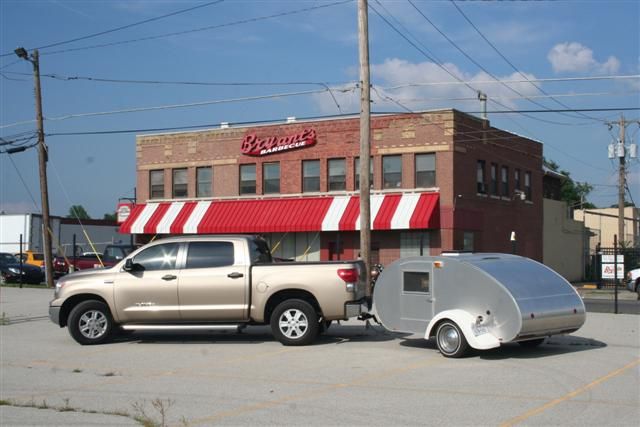Hootbro, thank you for the excellent write-up. That was exactly the kind of information I was looking for: thorough, complete, and concise. I tried to give you points for your post, but I was told I have to spread more of my points around first.

The reason this question first came to mind was that I remembered reading some time ago that GST Tundras were equipped with a different back-up camera (installed at the port) than other Tundras which came with the camera installed at the factory. So does this mean GST not only controls their dealers franchises, but also has some control over Toyota's manufacturing for the GST-destined vehicles?
I will give you some more back story on Gulf States Toyota (which can also apply to Southeast Toyota also).
When buying or going to a dealership in a Gulf States covered region, you are really dealing with two corporate entities and not one when you buy that Toyota. When Gulf States and the other distributors started up in the 1960's, it was a best deal for Toyota of Japan as back then they did not have the venture capital to start nationwide sales and were confined to a few Southern California dealerships.
This led to so called "Sweetheart deals" with these distributors early on to include Gulf States. These private held distributors had non-expiring ironclad contract language that allow them exclusive rights to distribute Toyota's in their respective region. Over time, this gave these distributors leverage to dictate to Toyota corporate what features and options could be installed and sold on vehicles delivered to their distribution region.
Over time, Toyota Corporate began making offers and buying back the various distributors with Gulf States and Southeast being the lone holdouts. The reason Gulf States and Southeast have decline offers of a buyout is because they know they have the potential of making more money in the long run by keeping the distributor network than selling it back to Toyota Corporate. It all rolls back to the original contract with Toyota corporate back in the 1960's and not having a buy out clause in it.
With the above being said, Gulf States controls all entry of Toyota Vehicles into it's region to include parts and controlling the dealers. Gulf States also controls how the vehicles are equipped that are delivered to them so they can add their specific parts like wheels, trim molding and certain "special editions" only found with them. Most times these extra "doo-dads" they add are commercial off the shelf stuff you could buy yourself for half the cost.
Back in late 2009, I lived in Amarillo, Texas and within the Gulf States region. My wife wanted a new 2010 model FJ Cruiser and was very specific on options and features. When we went to the local dealer with our list, it was a 2 week battle to get the vehicle we wanted and not get all the extra useless crap that Gulf States wanted to add on it. In the end, we got what we wanted but you would have thought we were asking for winning lotto number or the cure to cancer. To be fair, our selling dealer was great but they were frustrated by having to deal with Gulf States on the issue. Also, getting a inter-dealer transfer from a non Gulf State distribution region would be the equivalent of dividing by zero, not going to happen.





